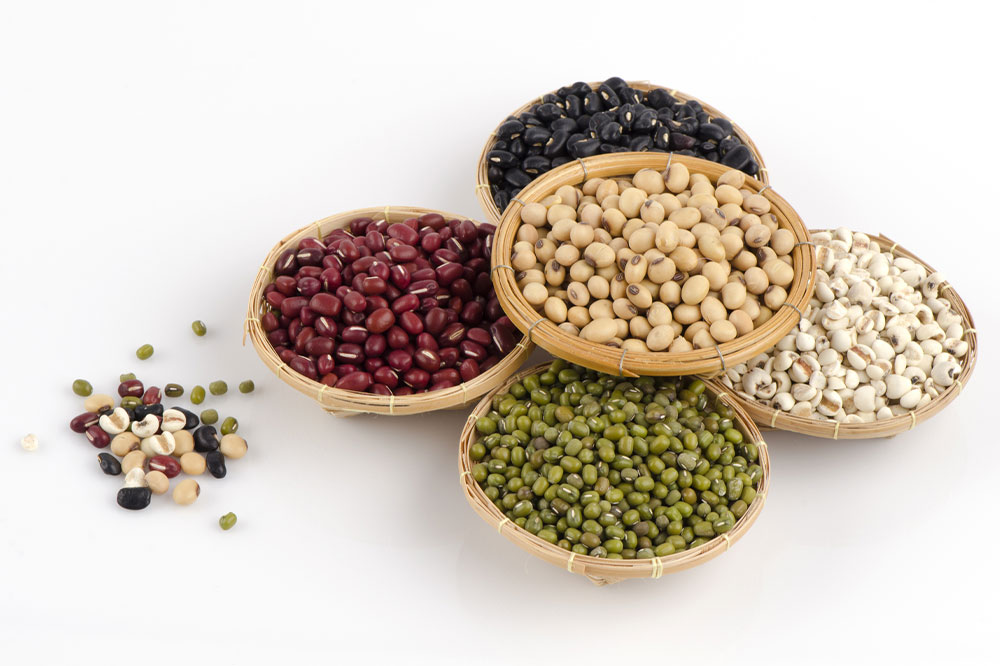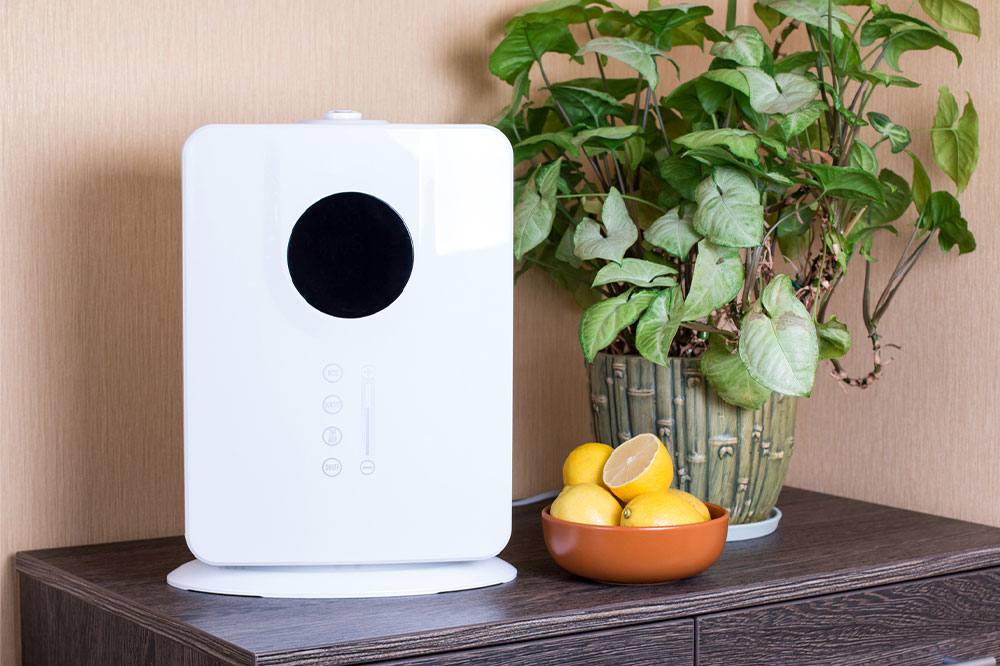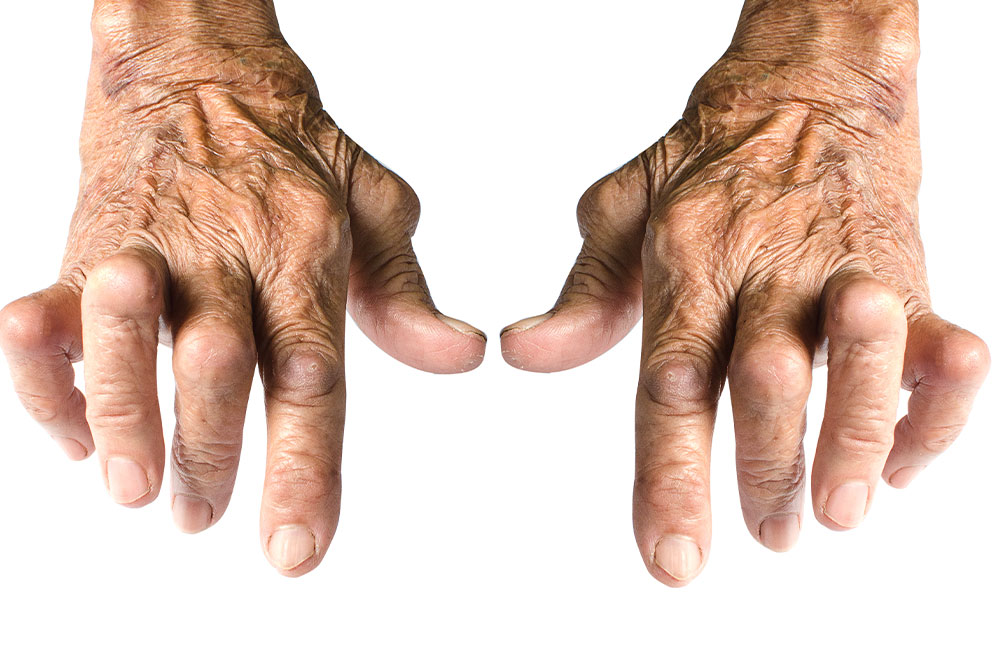4 foods that can boost mental health

You might have heard people saying “you are what you eat,” but do you know what it means? The connection between food and mood comes from the relationship between the brain and the gastrointestinal tract, which houses bacteria that influence the production of neurotransmitters. Neurotransmitters are chemicals that transmit messages to the brain. Consuming specific foods enhances the development of bacteria that positively affects neurotransmitter production, boosting mental health and reducing anxiety and depression.
Here are a few foods that boost the production of “good” bacteria and enhance mental wellbeing:
Raw foods and fruits and veggies
Eating fresh foods and veggies regularly is the first step to ensuring long-term positive effects on mental health. Researchers have found compelling evidence that people who consume more fruits and vegetables show fewer depressive symptoms and experience lower stress levels as compared to those who eat more canned, cooked, and processed food. Studies have also revealed that people who consume raw food are usually happier and feel more satisfied and fulfilled in life. These foods include leafy greens like kale, spinach, collard greens, carrots, apples, bananas, kiwifruit, and grapefruit.
Yogurt
People across the world prefer yogurt for the added benefit of probiotics. Probiotics are friendly bacteria that assist the digestive system to function smoothly. That said, many recent studies have shown that the probiotics present in yogurt can also greatly affect mental health because of the brain-gut connection. These healthy bacteria help alleviate stress, anxiety, and depression, promoting mental health. Other fermented foods like kefir, kimchi, tempeh, and certain pickled vegetables are also known to affect the production of neurotransmitters positively.
Berries
Several types of berries like strawberries, blueberries, raspberries, and blackberries make for great antioxidant-rich snacks. Antioxidants are necessary for cell repair and help fight inflammation caused by free radical damage. Free radicals are found in pollutants, cigarette smoke, and other harmful substances. Antioxidants present in berries help reduce the damage caused by free radicals and alleviate the symptoms associated with depression, anxiety, and poor mental health. Plus, blueberries and strawberries contain polyphenolic, a compound that’s known to boost memory and concentration levels.
Oily fish
Often touted as “brain food,” fish is particularly good for mental health because of the presence of healthy fatty acids known as DHA. DHA is an omega-3 fatty acid that enhances short- and long-term memory, which, in turn, improves overall mental health. Studies have also confirmed that omega-3 levels are lower in people with depression, especially in severe cases. A diet rich in omega-3 fats helps boost the feeling of happiness and wellness and lowers anxiety levels. Oily fish like mackerel, salmon, sardines, and herring are great sources of these healthy fats. Fish oil supplements are a beneficial alternative for people who are not seafood fans.




